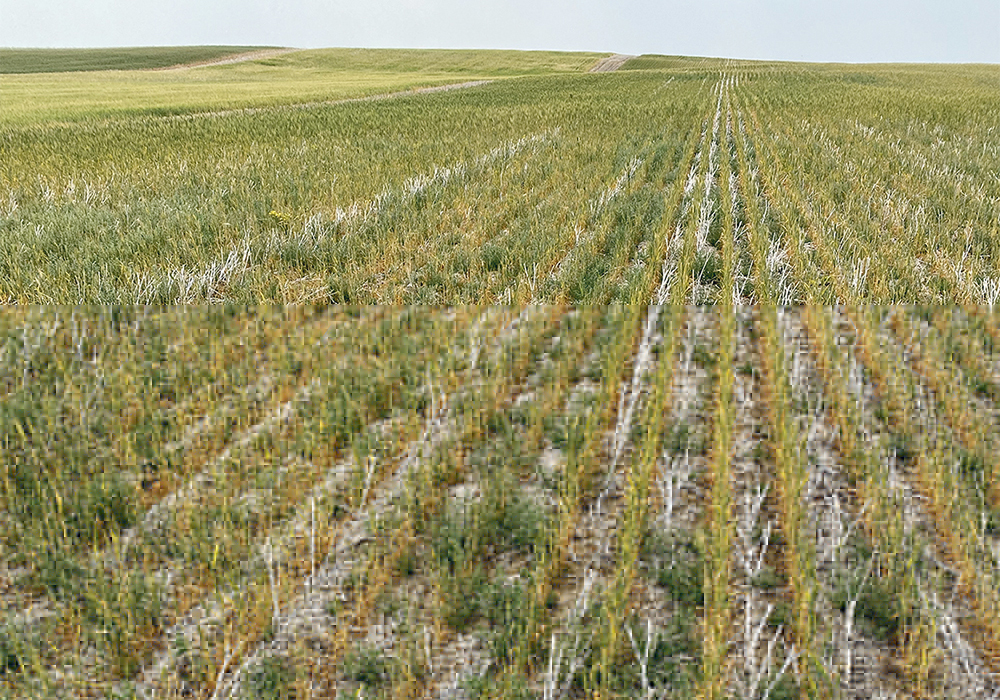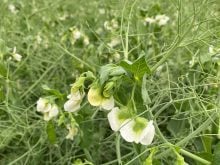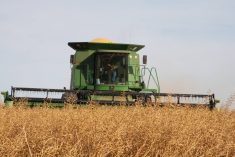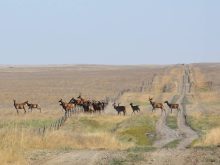It’s time governments increase funding for the agricultural policy framework, says Saskatchewan’s general farm organization.
The Agricultural Producers Association of Saskatchewan last week announced a task force to develop recommendations ahead of negotiations on the successor to the current Canadian Agricultural Partnership. The five-year agreement worth $3 billion expires March 31, 2023.
“Probably one of the first things is the need for increased funding,” said task force chair Bill Prybylski, who farms near Willowbrook, Sask.
The funding envelope hasn’t changed since Growing Forward 2 was implemented in 2013 and there have been increasing rumblings about a boost.
Read Also
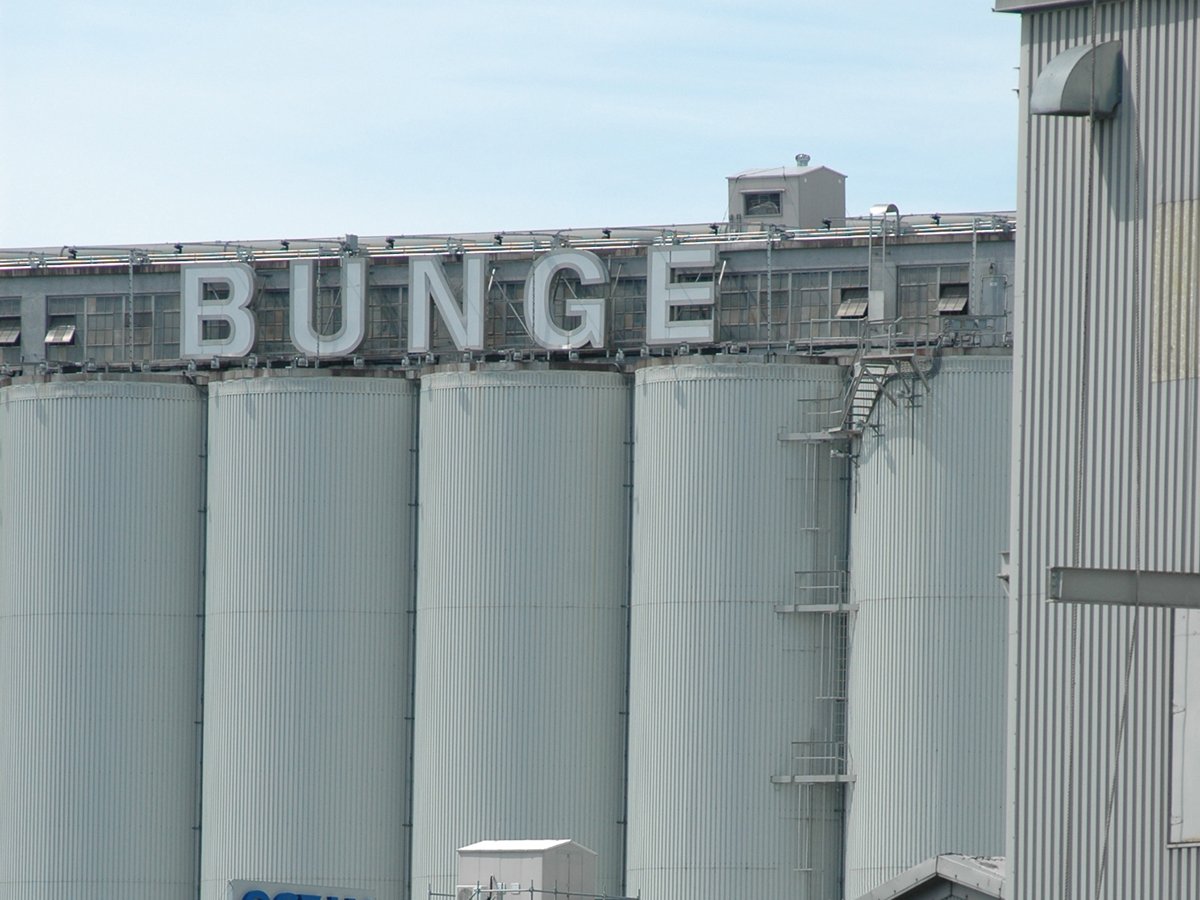
Bunge’s crop mix is changing
Bunge has predominantly been a soybean processing firm, but that’s about to change after the merger with Viterra with softseed processing and grain merchandising gaining ground.
Prybylski said the funding hasn’t even kept up with the rate of inflation. Programs within the agreement have been cut and need restoration, and the risk associated with farming is considerably more than it was 10 years ago, he said.
Saskatchewan balked earlier this year at paying more to increase the compensation rate under AgriStability and Prybylski said the task force will have to impress upon the government the value of the industry and why support is critical.
The task force plans to meet with APAS members, industry stakeholders and provincial agriculture minister David Marit as it formulates its recommendations.
“Ultimately, we would like to put together a list of priorities,” he said.
These will include recognizing the work farmers have done to create ecological goods and services, research investment, trade and market development, along with better business risk management programs.
Recommendations will go to Marit and the federal agriculture minister.
The federal, provincial and territorial ministers were to meet in September for a delayed annual conference, but that was postponed because of the federal election. The meeting is now likely to be held in November.
APAS president Todd Lewis said a new approach to the framework is needed. Risk has increased because of international trade instability, COVID-19 and the 2021 drought.
“It’s time to update our business risk management programs and make sure we’re ready for the future,” he said.
The task force members are former APAS president Norm Hall, Scott Owens, Brent Freedman, Trevor Green and Devon Walker. Lewis said their different farming backgrounds and locations will result in a strong perspective from Saskatchewan farmers.


